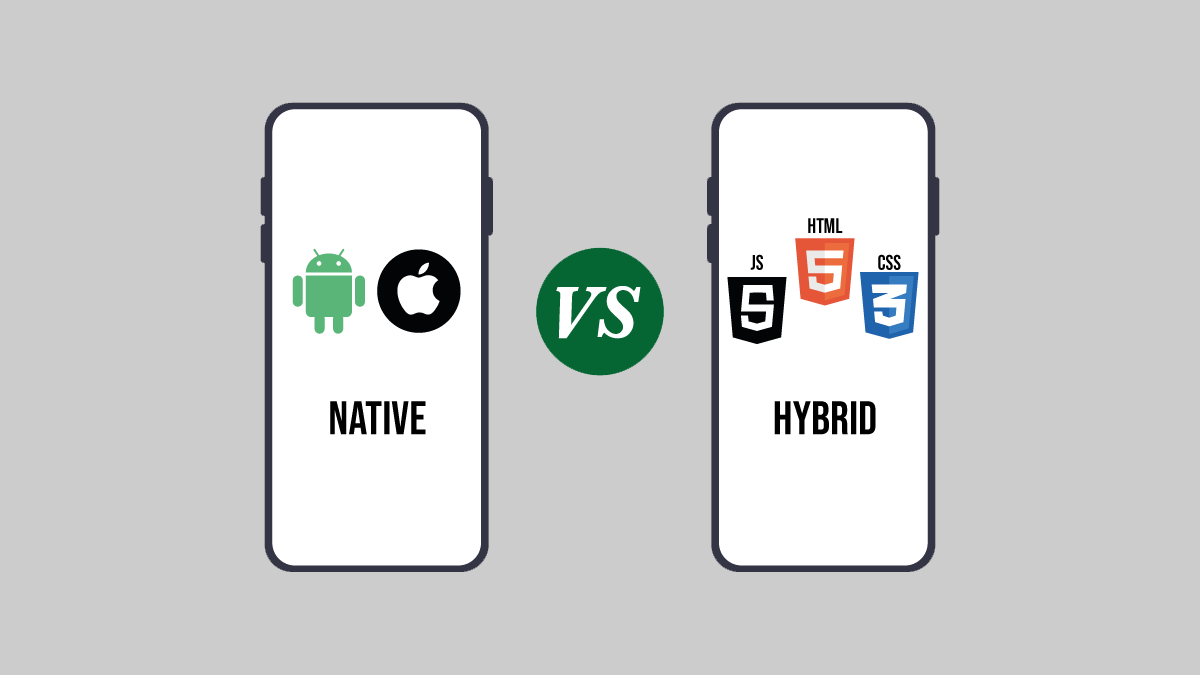The UK government is scrapping the NFT launch plan for now
The UK government had unveiled its intention to introduce non-fungible tokens (NFTs) through the Royal Mint. This announcement was made last year in April.
This announcement was accepted with great enthusiasm by the then Chancellor, Rishi Sunak, who has now assumed the role of Prime Minister.
During the same period, the UK government also moved towards regulating the stablecoin market by incorporating them into a recognized payment system.
The UK Treasury has canceled its plans to introduce the non-fungible token, an extension of a wider initiative that could have established the country as a more attractive destination for crypto innovation.
Uncertainty in the industry
UK Economic Secretary Andrew Griffith released a statement on Monday that plans for the NFT launch had not been followed through. However, the proposal will still be subject to assessment.
The chair of the Treasury Select Committee, Harriet Baldwin, also stated that the government’s finance minister would be questioned about the continuity of NFT issuance as a departmental policy.
The head of the Treasury Select Committee, Harriet Baldwin, responsible for evaluating the Treasury’s work, had criticized the notion of NFTs,
We have yet to see much evidence that our voters should put their money into these speculative tokens unless they are prepared to lose all their money.
Baldwin has cited the uncertainty prevailing throughout the industry as a factor that stalled the launch of the NFT collection.
The Treasury had additionally declared that it would look at changing the tax structure to drive the development of the crypto market. At the moment there is uncertainty in the industry, so new initiatives will not be implemented immediately.
What are NFTs?
NFTs, or non-fungible tokens, are a type of unique digital asset secured and verified using blockchain technology, the same technology that powers cryptocurrencies such as Bitcoin.
These digital tokens are certificates of ownership for various virtual or physical assets and can be purchased using traditional currencies or cryptocurrencies.
Unlike fungible tokens, which can be exchanged for other tokens of the same value, each NFT is unique and their uniqueness is verified through the blockchain, making them impossible to counterfeit or replicate.
As a result, NFTs have become a valuable asset class that can be bought, sold and traded like other forms of property, with some NFTs selling for millions of dollars at auction.
World leaders have also signaled their openness to adopting NFTs and other Web3 technologies. Last October, Japan unveiled its intention to invest in the country’s digital transformation through NFTs and metaverse services.
Similarly, in January this year, China launched a marketplace for NFTs and digital assets, which is notable given the country’s strict regulations around cryptocurrencies.
Featured image from UnSplash, charts from TradingView.com


